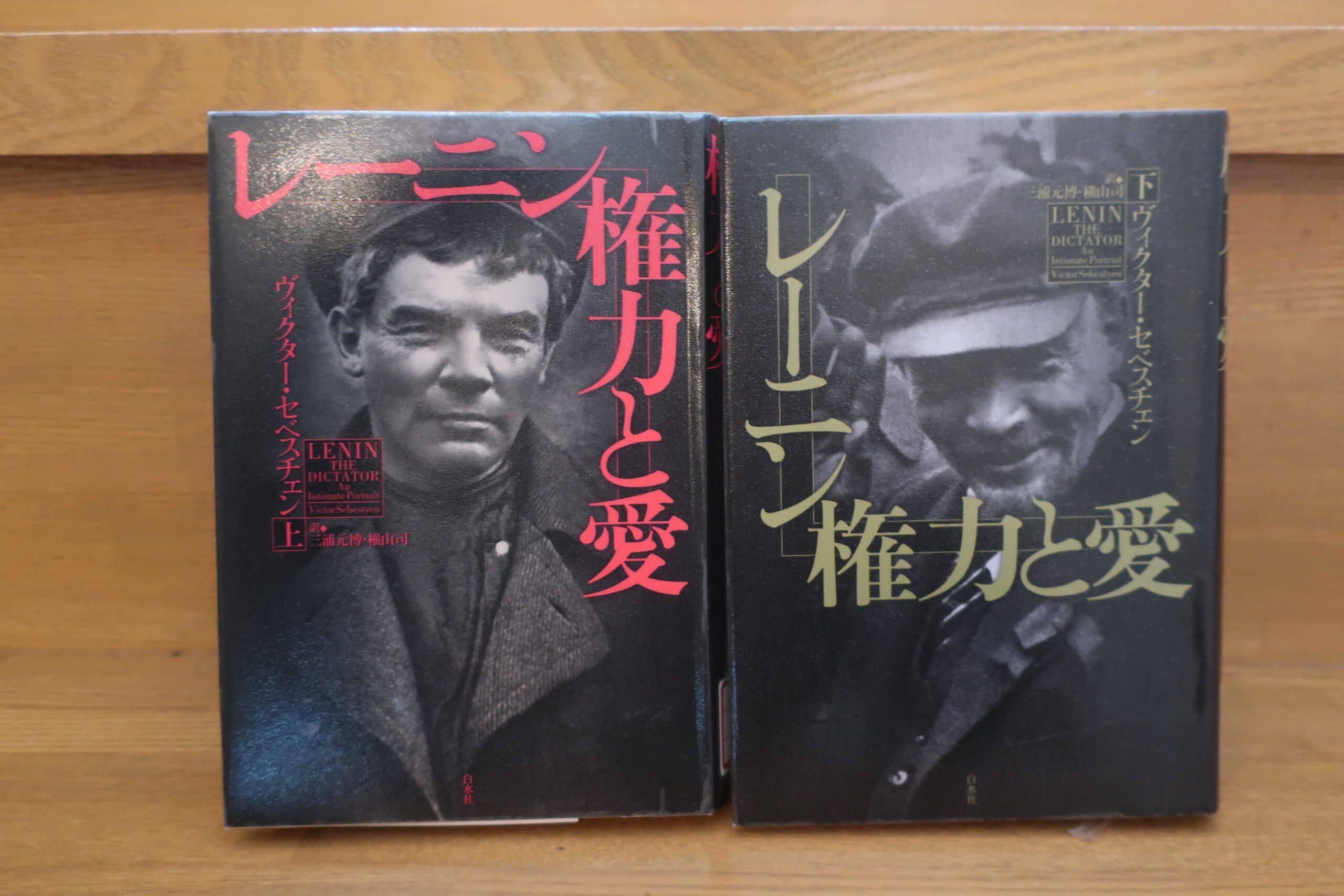Table of Contents
Read Victor Sebeschen's Lenin, Power and Love⑺.
Continued by Victor SebeschenLenin, Power and Love.The following are some of the memorable passages from the
Is Lenin Marxism a religion? What is Lenin the politician's greatest move?
It was not Lenin's indomitable willpower, his obvious intelligence, or his brilliance as a political tactician that made him so appealing to his supporters. All three of these qualities were vital to his leadership, but Lenin's greatest skill in the early years was his ability to inspire optimism and hope.
He told his supporters. If you basically take a series of easy-to-understand steps and believe in a few fairly simple propositions, you can change the world right here and now.
Instead of promising salvation after death, he promised that in the near future they would see a piece of heaven, or at least some of their goals would be realized.
Marxism is supposed to be a "scientific" philosophy that can be empirically "proven". But any ardent communist, though he may deny it, felt Marxism emotionally, religiously, and spiritually. This is not a term that would have pleased the true adherents of communism. Lenin would certainly have rejected it.
However, Lenin's old comrade Potresov, who knew Lenin from his earliest days as a revolutionary in St. Petersburg in the early 1890s, said, "For Vladimir Ilyich, Marxism is not a conviction but a religion. Many others made the same point, at least until the October Revolution of 1917.
Hakusuisha, Victor Sebeschen, translated by Motohiro Miura and Tsukasa Yokoyama, Lenin: Power and Love, vol. 1, p193-194
Some line breaks have been made.
This is one of the most serious points made in the book. It is quite penetrating on the question of "what is religion?" Of course, we cannot absolutely say that what is stated here = religion, but it seems to pinpoint the process by which religion is spread.
This is a problem that I, as a monk, cannot ignore. The communist Soviet Union that Lenin gave birth to could be based on religion. It depends on how you define religion, but I think this is a major theme that we need to consider after this.
The Russian Revolution Brought on by an Incompetent Czar
Due to his incompetence as a despot, Russia's last emperor, Nicholas II, was the last of the Romanov dynasty, which lasted 300 years. Without his misrule, the Russian Revolution might not have occurred.
The Czar contributed as much as anyone, including Lenin, to the fall of the Romanov dynasty and the seizure of power by the communists in Russia. He had no idea of the law of unintended consequences. Russia, in need of a wise and imaginative leader, had a ruler who was totally unfit for such a role.
It is no exaggeration to say that every major decision made by Nicolaeini was wrong. Everything from his choice of Alexandra as his wife, which amplified his misjudgments, to his various catastrophic decisions regarding war and peace. [omitted].
He wanted to be a despot, but he did not look, speak, or act like one, and he lacked the personality, intelligence, and strength to be one. He might have succeeded as an ornamental hereditary monarch. His behavior was impeccable, he spoke elegantly in empty gibberish, and he looked handsome in his uniform.
But this was not how the Romanov dynasty ruled. (He had a medieval belief in the divine gift of kingship, but he did not understand the nature of power at all.
Hakusuisha, Victor Sebeschen, translated by Motohiro Miura and Tsukasa Yokoyama, Lenin: Power and Love, vol. 1, p223-224
Some line breaks have been made.
Nicholas II was unable to read the trends of the times and, moreover, did not even realize the significance of his own misadventures.
Then, after the Russian Revolution, the Czar's family was brought to a tragic end by the Soviet government. This was the infamous murder of the entire Czarist family. Thus, the Romanov dynasty, which flourished for 300 years, quietly disappeared.
Even if there was hatred toward the dynasty that had caused Russia's decline, the ruthless decision to kill the entire family may be symbolic of the state of the Soviet Union thereafter.
Historians are generally sympathetic to Nicholaini, mainly because of his gruesome death and the slaughter of his family. But the responsibility for his downfall lies almost entirely with himself. He was not some well-meaning man swept away by the tide of history.
If Nicholas Nicholas Nicholas II had made even some effort from the beginning of his reign to create a constitutional monarchy, introduce liberal reforms, and tolerate political activity, as other European countries had done, he could have saved Russia from ruin and saved his own life and that of his family. In Marxist terms, he deserved the dustbin of history.
Hakusuisha, Victor Sebeschen, translated by Motohiro Miura and Tsukasa Yokoyama, Lenin: Power and Love, vol. 1, p226
Some line breaks have been made.
be unbroken
Next Article.
Click here to read the previous article.
Click here for a list of "Reading Biography of Lenin" articles. There are 16 articles in total.
Related Articles





































